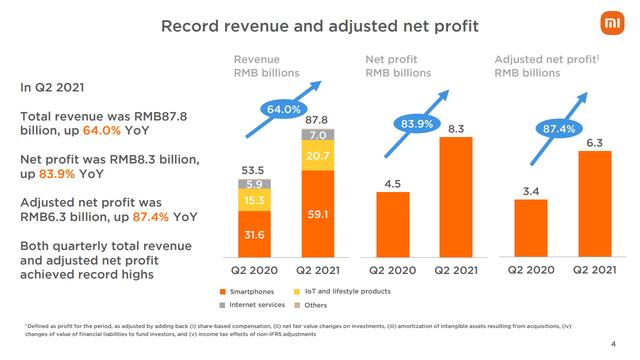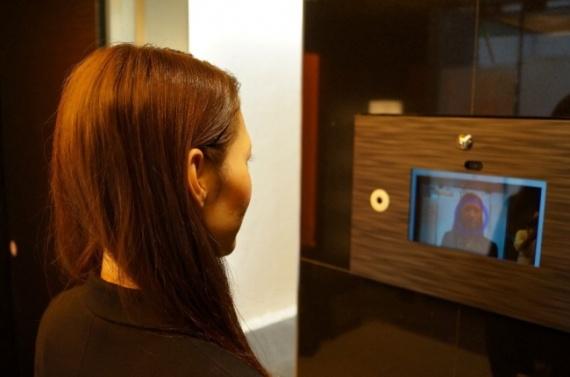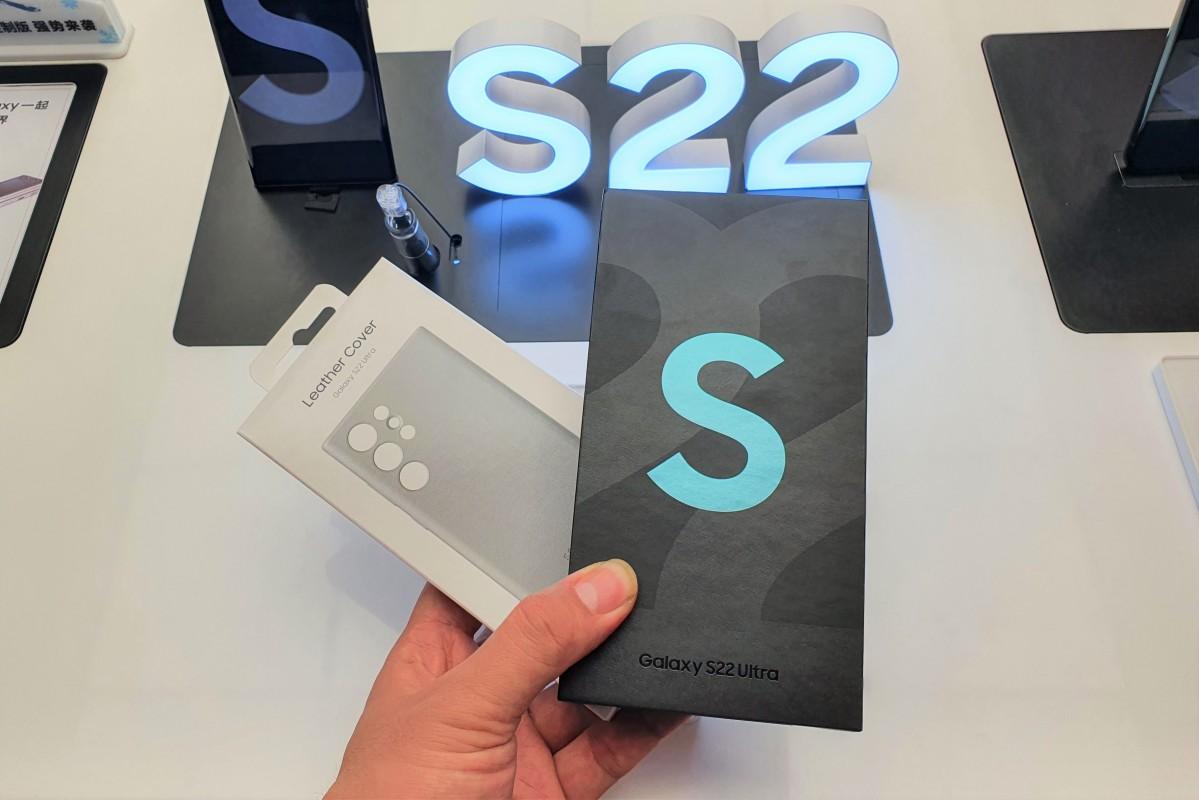The story that my concept collapsed.
Our lives would not be possible without AI. You might say "that's exaggerated," but at least I get Alexa to play music on a daily basis and talk to Siri to compose a message. Other than that, you probably use AI without realizing it.
But do we understand AI correctly? I'm not confident. I think I know what my job is, its concept and how it works, but I can be vaguely scared because of the complexity and speed of development that goes far beyond my understanding. AI is convenient, but can we blindly believe it ...?
The movie "AI Amok" was the theme of our doubts. In the near future, the medical AI
Such "AI Amok" is supervised by Yutaka Matsuo, a professor at the Graduate School of Engineering, the University of Tokyo, who is known as a leading expert in AI. What does it mean for a leading AI expert to supervise a movie in which AI runs wild and kills people?
Fortunately, Gizmodo was blessed with the opportunity to interview director / screenwriter Yu Irie and Yutaka Matsuo alone. I've been frankly asking questions to relieve my anxiety.
Why are AI leaders supervising works that could be regarded as dangerous?
──What are you trying to convey to the audience through this work? Director Irie wrote the script after learning AI, and when it is supervised by Mr. Matsuo, who is a leading AI expert, it does not seem to be just entertainment.
Director Yu Irie (hereafter Irie): I was an outsider about artificial intelligence, but I was always interested in new technologies and researched them. I was also reading a book by Professor Matsuo. And I thought that AI is in a transitional period. I wanted the audience to think together about what our society would be like in the future. It made sense to ask what would happen in 10 or 20 years, rather than in a conclusion.
── During the work, problems facing Japan such as the declining birthrate and aging population and the lack of national budget will appear, and I was scared because of the reality.
Irie: This kind of panic and suspense starts with a sense of crisis.
──However, the scary part of this movie is not only that, but also the part where AI's leading expert, Mr. Matsuo, participates as a supervision in the movie where AI that runs away and kills lives appears. It's a story in which AI can be seen negatively.
Professor Yutaka Matsuo (Matsuo): At first, I was worried. But when I saw the finished product, I thought it was good. There is nothing wrong with the description of technology. There are wrong descriptions in many works.
Irie: I'm really grateful. I gave this movie a sensational title, so I was wondering what to do if I refused to be supervised.
Does AI Kill People?
──Does the fact that there is no wrong description mean that AI can actually kill people?
Matsuo: I thought that was also well depicted. After all, humans are bad. AI is not killing people on its own. It's the same for any crime. I thought that it was strangely exaggerated, not a delusion, but technically properly conveyed.
──Is it possible for a talented scientist to create an AI that can control national medical care alone? I'm afraid that something made by one person has the potential to cause a catastrophe.
Matsuo: In the movie, a genius scientist named Mr. Kiryu built an AI system by himself, but as with Google and Facebook now, development is done by a team of hundreds of people. I'm doing it. So I think it's difficult for one person to make something of this scale.
──Are you two in favor of AI even though there are risks like a movie?
Irie: I think this is the same as asking the propriety of a car. There is a car accident, but when asked "Is the car bad?" ...?
──I see ...!
Irie: That's what is being asked because AI is hot right now. After all, I think it happens with the evolution of technology. The only thing I'm interested in right now is AI, and the same history is repeated. However, unlike others, AI is involved in human recognition and ontology, so I think it is particularly interesting.
What can actually happen in the setting in the movie is "ranking"
──What is possible about AI in the development of this work?
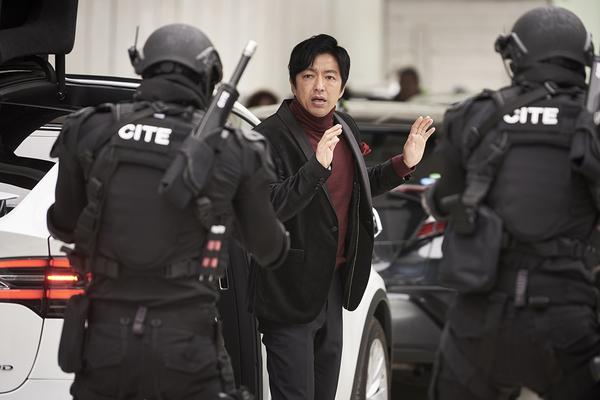
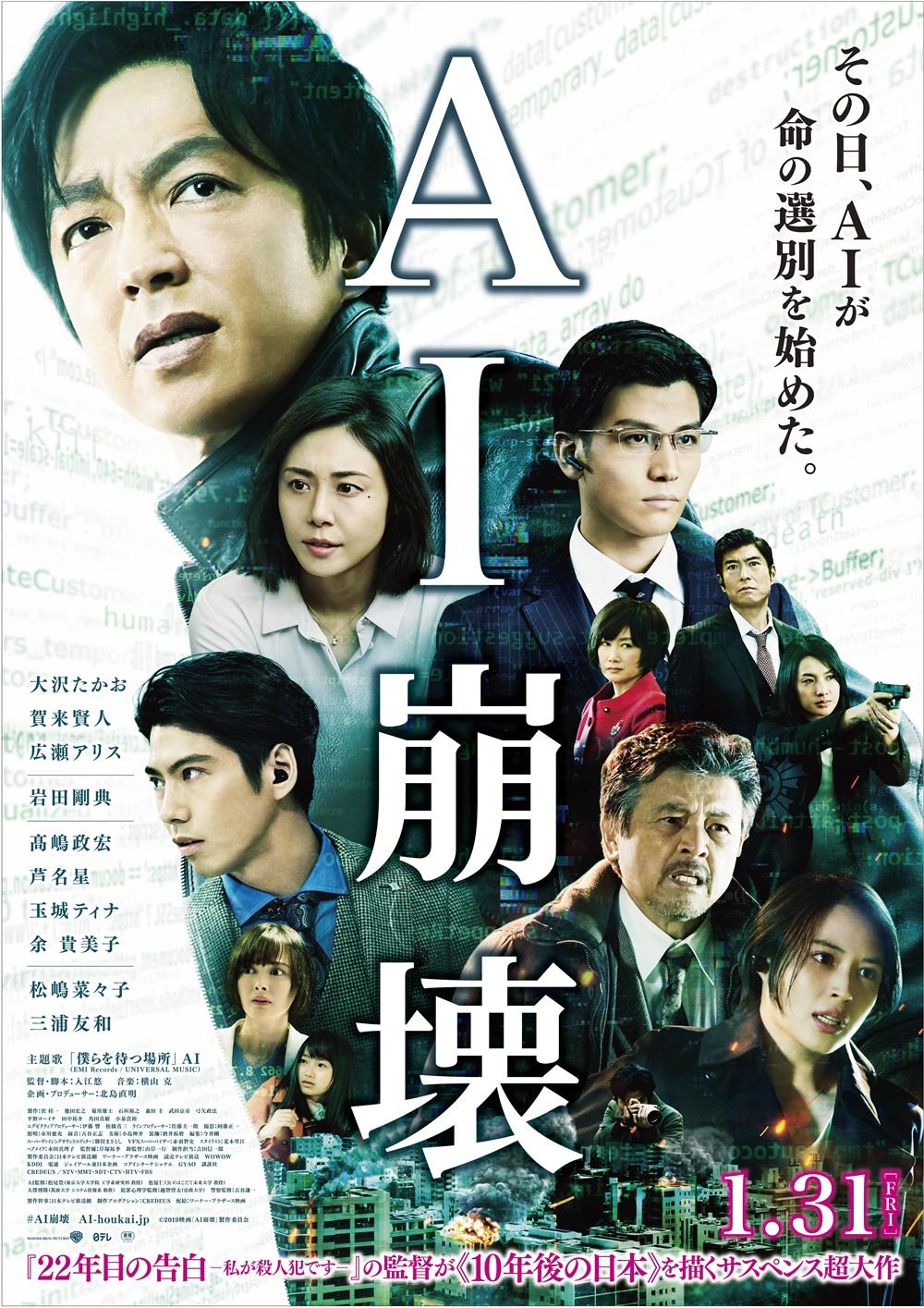
Irie: Is it a human rating? That's happening in China, isn't it?
Matsuo: Ranking has begun in China. For example, if you ignore the red light, your face will be displayed. So everyone will keep the signal. It means that scoring has already begun.
──Is that the case in Japan?
Matsuo: I don't know. Because it is a social choice.
Irie: Earlier, when I talked to Professor Matsuo, I heard about self-driving cars. The development of self-driving cars is quite advanced, and our image is that we will be able to drive on public roads in the near future. However, there is a problem with social infrastructure, so even if we can develop it, we will not be able to run unless we develop a road on which self-driving cars can run.
Matsuo: Many people are still killed in car accidents, aren't they? In an era when there was no car, if you try to introduce a new car and "thousands of people will die", it will never be introduced. It will be a big problem.
It is difficult to draw a line as to how much safety should be improved before using it. Some people die because of automatic driving. On the other hand, some people were saved because they switched to autonomous driving. But I can't see anyone who was saved. In that case, people who died because of automatic driving will be noticed, and it will be debated whether it can be appointed in society. Even if the ratio of those who actually died and those who were saved is 10, 1 will be noticed.
Irie: It's interesting to think about how the flying car drawn by Osamu Tezuka will be introduced into society.
Remaining analog changing digital
──A newspaper company appears in the movie, but it was drawn in analog.
Irie: That's right. There was a discussion among the staff about how to handle paper, but I still have to use paper. There is a Kindle from Amazon, but I thought that the part that relies on the sense of touch may remain.
──Although it was old-fashioned, it was a scene that made you feel a strange reality that AI was invading there. Partly because of that, I was made to wonder how far the story was realistic and how far it was creative.
Irie: Just like when the iPhone came out in the future, there is a possibility that tremendous innovation will occur and life will change at once.
Matsuo: Is it still glasses and contact lenses?
Irie: Certainly! Now everyone is looking down to see the screen, but that may disappear in the future. It is said that "walking smartphones are prohibited", but if smart contact lenses and smart glasses become popular, you will be able to walk while looking straight ahead.
Things that AI shouldn't manage
──What part of the AI that Professor Matsuo thinks should never be managed?
Matsuo: I think it's a love affair.
── Love?
Matsuo: It's a matching app. I think it's best to choose your marriage partner on your own initiative.
Irie: Does that mean it's better not to leave the choice of partner to the parameters?
Matsuo: That's right. The reason why two people meet and have children is to have diversity in the gene pool.
One day, a meteorite may suddenly fall and the average temperature may drop by 10 degrees. It is possible that some percentage of people happen to be strong in the cold environment and they survive. Diversity is important. The mechanism of living things is that such people survive when something happens.
The values of today's society, such as the value of being diligent and sociable, may be good now, but they may be negative in different environments. So, instead of making a pair according to the current values, I think it's better to do it with a feeling as it is instinct.
Irie: I see. Diversity is disappearing.
Matsuo: That's right. In today's society, we may have a lot of good children, but overall it may be weakening. AI is used in matching apps, and there is a movement to optimize it for AI in order to increase the probability of success. I don't think it's very good.
──In "AI Amok", AI managed medical care, but is medical care okay?
Matsuo: It's okay because medical care ends only in the current generation.
There was something I learned through this interview. That is, whether it is the government or researchers, we think that it is the stage to introduce something on a generational basis.
I thought, "AI-managed matching apps are good because they can find people who are not out of place", but "AI-managed medical care is not sure because I might die if something goes wrong." But that means that we didn't think about things on a human basis ... When I saw "AI Amok" and interviewed, "my concept collapsed".
"AI Amok" will be released on January 31st (Friday) by Warner Bros. Pictures distribution.

